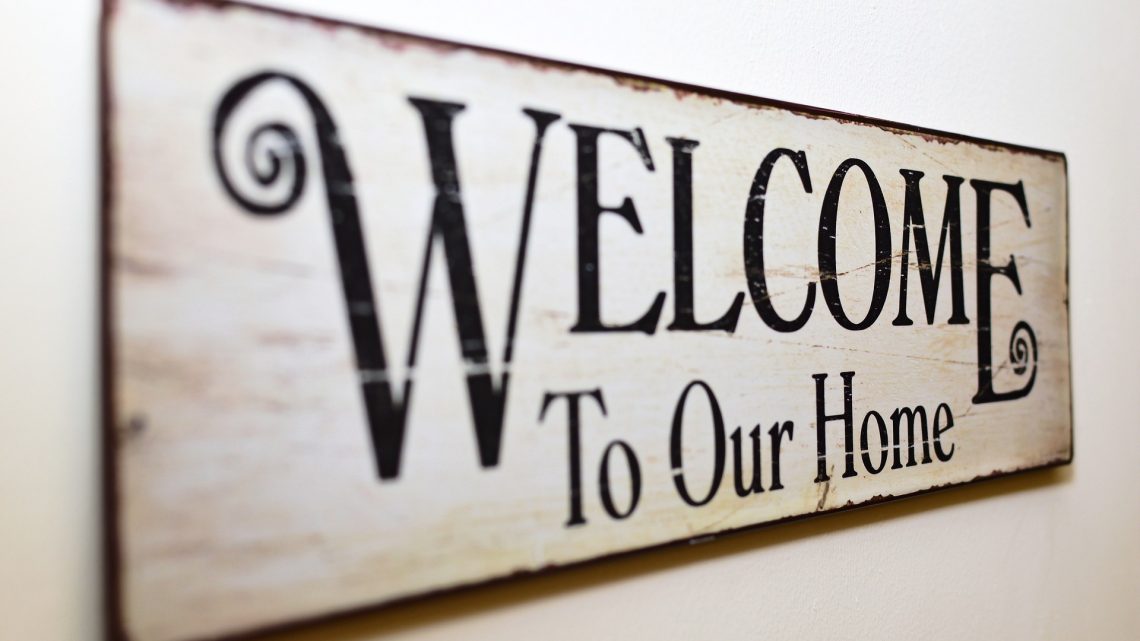You didn’t know it was a thing, did you?
A day set aside for people of a different sexual orientation to “come out” to friends and family. I bet I know why you haven’t heard of it—neither had I—until someone I knew came out. Someone I thought I knew well.
I learned something about him that day, and I learned something about people, and myself.
1. It could be anyone.
Technologies of today allow anyone to jump online and say anything—literally anything—and on National Coming Out Day, you should expect the unexpected. It could be anyone. Anyone in your life or mine could be holding onto a secret that eats away at them, a guilt they cannot shake, and a sadness that seems impenetrable. It may be your grandpa who kept a secret because of a career in the military. It may be your mom, aunt, or cousin who’s been in a happy marriage for the last twenty years. It may be a neighbor or brother who left it in a suicide note after a dangerous attempt at his life.
2. It’s not about me, or you.
No matter who comes out to you today or any other day of the year, remember that it’s about them, not you. If someone in my life has a horrible car accident, I can have an emotional reaction, but the aftermath, the pain, broken bones, and recovery is all them. Don’t get it twisted. You can have a strong reaction, even surprise, but the big life change is not yours. You may feel surprise, sadness, even anger, but the person who confided in you—who came out to you—is probably feeling a weight lifted. He or she may feel relief after years of secrecy. He or she may be celebrating.
3. It takes a village.
The days of “don’t ask, don’t tell” are behind us. In today’s culture, everyone tells. It seems we share our dirty laundry online, we share our marital problems in the locker room, we share our parents’ latest argument on the schoolyard. In the culture of “share all, love all” why do we not adopt this type of culture in our churches—the hospital for sinners! The places where people feel the greatest need to be themselves, and to be loved, they have the hardest time “coming out”. Families are not safe for these secrets. Churches are not safe for these secrets. Where can a person go to find acceptance and love? Where can they find an ear?
4. You can still love them.
It does not make you less of a Christian to love your family member who has come out as bisexual or homosexual. It does not make your church less God-fearing, less righteous, or less Adventist to love the member that shared this truth with you. You can love them, even embrace them after learning this truth. They are still the same person, and the same God who loves you, loves them.
5. Don’t overthink it.
If a church member reveals from the pulpit, during small group, or via a late-night text that he is addicted to pornography, or that she is crushing on a coworker, you don’t have to overthink it. Don’t overthink this. You don’t ask the recovering alcoholic if they’re still on the wagon before inviting them to help with praise team. You don’t meet with parents at Pathfinder Club drop-off to have a hushed conversation about the staff member that just revealed marital problems. You do not have to overthink someone’s sexual orientation—unless it’s yours.
Today is National Coming Out Day, and I sincerely hope someone in your life doesn’t rock your world with a life-altering secret. I hope more so that if they need to, they do, and I pray you have a reaction befitting a Christian—not how other Christians would have you react, but how Christ might react.










